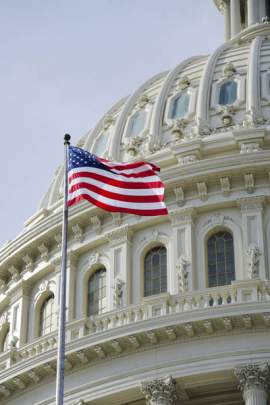
McCulloch v. Maryland

McCulloch v. Maryland: The Background
The case of McCulloch v. Maryland was a groundbreaking Federal court case that dealt with the formation of a federal bank and a series of individual banks. The case of McCulloch v. Maryland started through a series of important events that involved a number of laws. The following laws will allow you to understand what was going on with the McCulloch v. Maryland case.
In 1816, the United States Congress passed an Act that allowed Federal Banks to be located and to operate within individual states in the U.S. Two years later, in 1816, the state of Maryland passed an Act that placed all banks and financial institutions that operated in the state under the taxation model of Maryland. This law thus made banks and other financial institutions in the state, including all federal banks, to pay Maryland state tax. A year after the passing of this law, McCulloch v. Maryland was heard.
McCulloch v. Maryland: The Case Profile
The case of McCulloch v. Maryland was heard in 1819. The case was tried in the Supreme Court of the United States. Andrew McCulloch was the defendant in McCulloch v. Maryland. McCulloch was the appointed manager of the Federal Bank located in Baltimore, Maryland. McCulloch refused to pay the state tax imposed by Maryland; he believed that federal banks were not subject to state taxation.
In McCulloch v. Maryland, the state was the plaintiff. The state of Maryland believed that the federal bank should pay state taxes because they were operating on their land and using their resources.
McCulloch v. Maryland: The Verdict
The United States Supreme Court in McCulloch v. Maryland ruled in favor of the defendant, Andrew McCulloch. The United States Supreme Court in McCulloch v. Maryland ruled in favor of the defendant because the Necessary and Proper Clause of the United States Constitution stated that the Federal Government was permitted to operate banks within individual states without paying taxes. The decision in McCulloch v. Maryland created a precedent; it led to a number of future decisions involving taxation issues and the federal government.


















